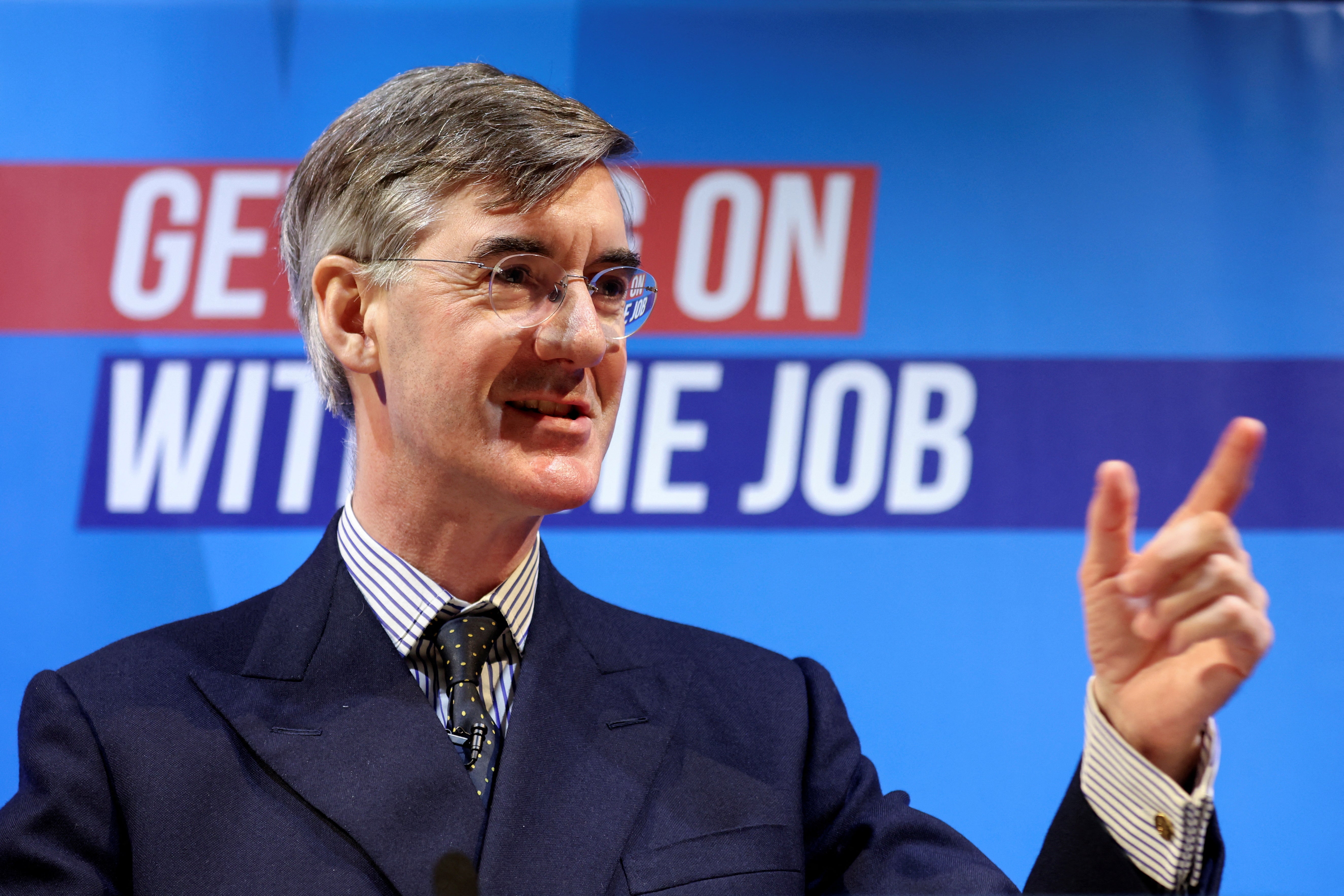‘Leading without authority’ training: Why is the government spending millions on courses for civil servants?
A six-day government workshop on ‘creating a powerful personal presence’ is run by tutors from Rada, the academy of arts theatre – at £1,400 a person


Your support helps us to tell the story
From reproductive rights to climate change to Big Tech, The Independent is on the ground when the story is developing. Whether it's investigating the financials of Elon Musk's pro-Trump PAC or producing our latest documentary, 'The A Word', which shines a light on the American women fighting for reproductive rights, we know how important it is to parse out the facts from the messaging.
At such a critical moment in US history, we need reporters on the ground. Your donation allows us to keep sending journalists to speak to both sides of the story.
The Independent is trusted by Americans across the entire political spectrum. And unlike many other quality news outlets, we choose not to lock Americans out of our reporting and analysis with paywalls. We believe quality journalism should be available to everyone, paid for by those who can afford it.
Your support makes all the difference.Twenty years ago Sir Richard Mottram likened the civil service to “a rather stupid dog”.
The top official at the transport department had been trying to explain to MPs how committed the civil service was to serving the government of the day. “It wants to do what its master wants and it wants to be loyal to its master and above all it wants to be loved for doing that,” he explained.
I thought of this definition the other day when I received a tip-off about the kind of training being offered to officials. An array of taxpayer-funded courses are available to civil service leaders of the future, with the apparent intention of drawing them out of their shells.
One, a six-day workshop on “creating a powerful personal presence” is run by tutors from Rada, the academy of arts theatre. At a cost of nearly £1,400 a person, “you are shown techniques from theatre practice, and allowed to explore how to use your body and voice as tools for effective communication and leadership.” The end result, the blurb promises, is that civil servants will have “confidence to take risks in your communications to create maximum engagement and influence”.
I did a bit more digging, and was eventually given the chance to view the entire database of training on offer with various providers. Other courses supplied include “leading without authority”, which sets the taxpayer back £1,116 per person, “leading in ambiguity” (a snip at £229), a four-module workshop on “engaging people through storytelling” at £229 a head, several classes on assertiveness (useful to stand up to stroppy ministers no doubt) and a session on “optimising your emotional intelligence”.
The training courses form part of a £50m contract for civil service “learning and development” handed to consultants KPMG in 2020. Since the deal was inked, the company has said it won’t be bidding for government work, after a succession of controversies. When I contacted them KPMG declined to comment, directing questions to the cabinet office. Rada also chose not to comment.
Whitehall’s wastebuster in chief, aka government efficiency minister Jacob Rees-Mogg, was infuriated to hear of the Rada course, and, alongside his “sorry you were out” notes to cajole the civil service back into Whitehall, he’s now promising to tackle what he views as the more frivolous training sessions, alongside his drive to cut 90,000 civil servants’ jobs.
Lest you think this is a one-man crusade, former cabinet office minister Lord Theodore Agnew tells me that he raised the alarm about the quality of civil service training for years, and asked a series of questions about whether it represented value for money.
He says: “I asked the head of the civil service in August 2020 how much we spend on training. I got the answer in January this year. ‘We spend £190m to £610m on training but we don’t know how it’s spent.’”
He was astonished about how long it took for his officials to cough up the information. “It took 16 months! And there was nothing about the efficacy of the training,” he says, querying why millions were handed to KPMG. “It’s ludicrous we have to outsource a core competence of being a manager,” he adds.
It should be noted that many of the courses listed on the government portal I accessed were not dissimilar to other schemes in the private sector. Few would argue that civil servants need decent training, and arguably the chaos at the passport office and the DVLA has made the case even stronger.
Some on the opposition benches also fear ministers’ zeal for targeting civil service “waste” is dog whistle politics. They draw comparisons with deporting refugees to Rwanda, and tearing up the Northern Ireland protocol.
But during a cost of living crisis, the notion of Whitehall officials spending a week indulging their inner thesp or locating their emotional intelligence might rankle with people struggling to make ends meet doing insecure, poorly paid work.
A government spokesperson says in a statement: “Training across the civil service is designed to cover a wide range of areas and specialities, to make sure government employees have the best possible skills to deliver the services the public rely on.”
It’s understood the Cabinet Office monitors all its training courses to ensure they provide value for money. The initial award of the contract also took that into account too.
But a government source says: “The government wants civil servants to have the right skills but isn’t clear how courses like this actually help civil servants do their jobs or what real skills they give them.”
To keep up to speed with all the latest opinions and comment sign up to our free weekly Voices Dispatches newsletter by clicking here
Before he conjured up his metaphor of the loyal dog, Sir Richard became briefly famous when he blew a fuse in the wake of special adviser Jo Moore’s decision to use the 9/11 attacks to “bury bad news”, and unleashed a four-letter tirade which then got leaked to the press.
Some permanent secretaries – under pressure to rein in public spending as never before, as ministers demand savings and the Treasury braces for a probable recession – may likewise be turning the air blue.
But ministers are entitled to ask questions of them about whether taxpayers’ money is being well spent. If they’re to avoid the “hard rain” Boris Johnson’s former adviser Dominic Cummings predicted would fall on Whitehall, the wisest amongst them know that only the fullest of answers will do.
Cathy Newman is presenter and investigations editor for Channel 4 News
Join our commenting forum
Join thought-provoking conversations, follow other Independent readers and see their replies
Comments